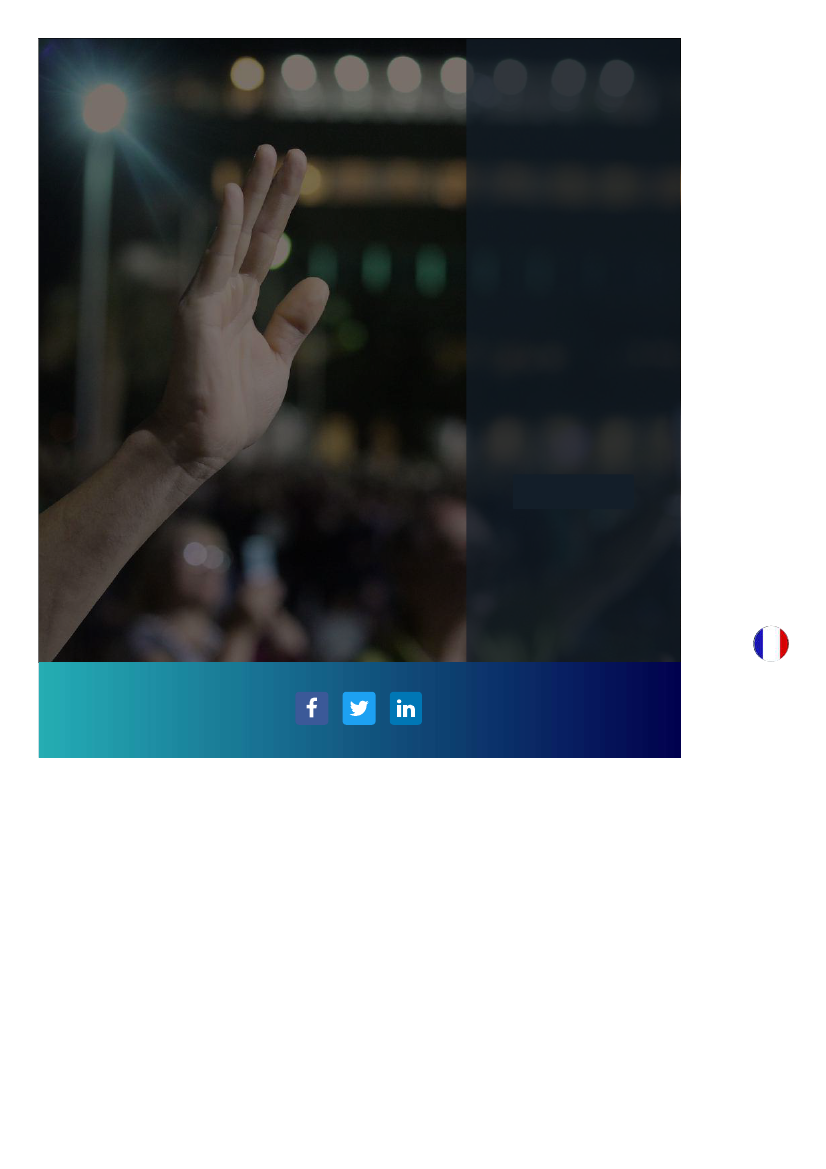
In 2020, the COVID-19 pandemic compelled the
NATO Parliamentary Assembly to move its
activities online. Throughout the year, lawmakers
connected from Europe, North America and beyond
to discuss the coronavirus crisis and adopt a
range of special policy outputs on the coronavirus
crisis, its impacts, and the way ahead.
In the pandemic’s wake, longstanding challenges
have not subsided. NATO continues adapting to
the future security environment, as it faces
Russia’s ongoing aggressive behaviour, China’s rise,
transformations in the East and the South, rapid
technological change, swelling waves of
disinformation, and continued obstacles to the
Women in Peace and Security agenda. Assembly
members tackled all these challenges in a year
when it had to completely reinvent its
parliamentary diplomacy.
ANNUAL
PRESIDENTIAL
REPORT
START READING
1 / 72